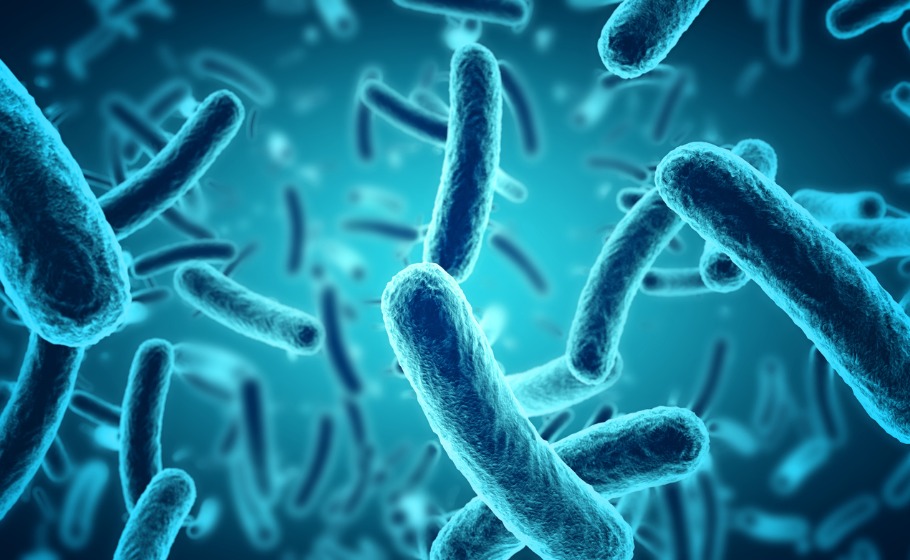
Particular E-coli strain can cause colorectal cancer, finds study
Certain strains of E-coli, a bacteria which could cause diarrhea in humans, could pose threats of progression of colorectal cancer. The Indian Express quoted a study done by the researchers at the University of Hyderabad to conclude that 12% of such E-coli variants, mainly of extra-intestinal origin, could be harmful.

Certain strains of E-coli, a bacteria which could cause diarrhea in humans, could pose threats of progression of colorectal cancer. The Indian Express quoted a study done by the researchers at the University of Hyderabad to conclude that 12% of such E-coli variants, mainly of extra-intestinal origin, could be harmful.
“This risk (of cancer) is basically attributable to a special class of bacterial metabolites called polyketides. It appears that polyketide carrying strains are evolving and spreading,” states the paper, which was published under the head ‘Evolutionary Dynamics Based on Comparative Genomics of Pathogenic Escherichia coli Lineages Harboring Polyketide Synthase (pks) Island’ in the March 2, 2021 issue of an international journal called ‘mBio’.
A team under Prof Niyaz Ahmed, Department of Biotechnology and Bioinformatics at the School of Life Sciences in University of Hyderabad, examined over 4,000 genomes of bacterial strains of E. coli over five years using comparative genomics and phylogenetic analyses.
Ahmed said the pathogenic strains are evolving with the horizontal acquisition of mobile genetic elements, including pathogenicity islands that produce colibactin. This could be resulting in severe clinical outcomes.
Also read: Tamil Nadu bagged highest allocation for COVID-19 battle
“During evolution, they acquire certain genes and lose certain others. So, the process continues on an evolutionary time-scale. And they are not the only bacteria — there are trillions of organisms in the gut. And they are likely to get a foothold and secrete toxins such as colibactin over a period of time and try to become dominant,” said Prof Ahmed to The Indian Express.
Such strains can be looked at as risk factors and not causative agents because the triggers could be multiple. However, they are surely the main risk factors for progression, said Prof Ahmed, adding that the findings need to be evaluated in real-life situations.
Also read: France to begin its first experiment with medical marijuana
Though the number of such E-coli strains is less, their number could manifest due to horizontal gene transfers occurring frequently in bacteria.
Researchers from Robert Koch Institute in Berlin and Dr. D.Y. Patil Vidyapeeth in Pune also participated in the study.
The study suggests that good hygiene and sanitation could keep such harmful bacteria away.
E. coli is commonly found in the human gut and also in contaminated food and water.

